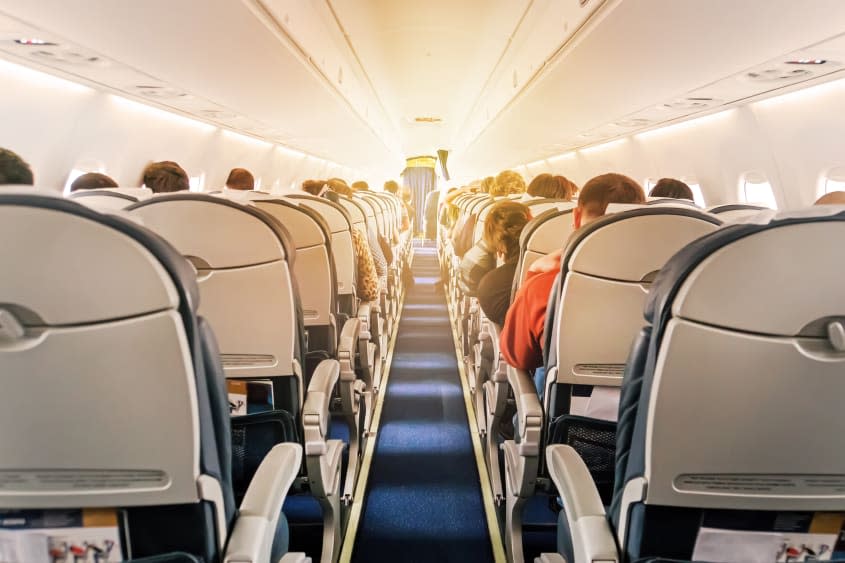Rising summer air fares

Here are three of the week's top pieces of financial insight, gathered from around the web:
Miami? Let it sink, banker says
HSBC suspended a senior executive for accusing central bankers and policymakers of climate change "hyperbole," said Owen Walker in the Financial Times. The executive, Stuart Kirk, is the global head of responsible investing at the bank's asset management division. But in a conference speech he expressed frustration about his role, saying "there was always some nut job telling me about the end of the world," and likening the "shrill" and "apocalyptic" climate warnings to Y2K. "Who cares if Miami is six meters underwater in 100 years?" Kirk said. "Amsterdam has been six meters underwater for ages, and that's a really nice place. We will cope with it." The presentation is unlikely to have been a surprise to HSBC. It was announced two months earlier and promoted before the conference. The title? "Why investors need not worry about climate risk."
Rising summer air fares
It's going to be an expensive summer for vacationers, said Hugo Martin in the Los Angeles Times. "Average airfare from June to August is up over 34 percent from the same period in 2019, before the pandemic, according to the trip-planning app Hopper." A round-trip ticket that cost $261 a year ago now goes for $383. Airlines are jacking up their prices mainly to cover their fuel costs, which "are roughly double what they were during the last several summers." But prices are also elevated because the airlines don't have enough staffing to expand their schedules. According to industry experts, "many former airline workers who were laid off left the industry for jobs with less stress and better pay."
A last hurrah for the SPAC bubble
"If the SPAC craze is over, it's going out with a bang," said Tom Maloney in Bloomberg. Miami attorney John Ruiz briefly became one of the richest people in the U.S. last week when his health-care litigation company, MSP Recovery, began trading following its merger with Lionheart Acquisition Corp. II, a special-purpose acquisition company. The $32.6 billion deal was the second-largest SPAC transaction on record when it was announced last year, giving Ruiz, MSP's founder, a stake "worth $21.4 billion at the $10 merger price." Less than an hour after its debut, however, the stock plunged 60 percent. Ruiz blamed the drop on "poor market conditions."
This article was first published in the latest issue of The Week magazine. If you want to read more like it, you can try six risk-free issues of the magazine here.
You may also like
5 cartoons about the Uvalde police response
7 cartoons about America's gun crisis
Why Rihanna's decision to launch Fenty Beauty in Africa is such a big deal

